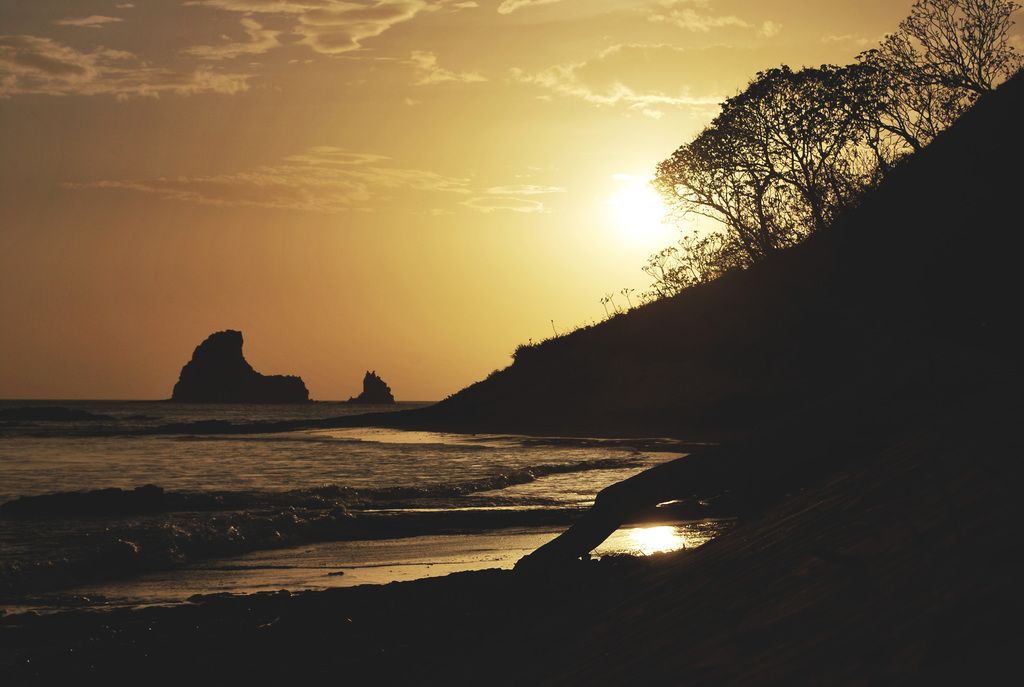Strategies for addressing climate change in the city of Stuttgart
9 Images -Photo Gallery Open at Wilhelma's Climate & Biodiversity Chat
Got the lowdown from the high-powered gabfest on climate and biodiversity at the Wilhelma in Stuttgart—here's the scoop!
The Federal Agency for Nature Conservation's president, Sabine Riewenherm, called everyone who attended the talking trees gathering: "We ain't just needing no sponge cities—we got to have biodiversity cities, filled with natural habitats, trees, and green spaces!" With the sights set on the lush, verdant garden in Stuttgart, she exclaimed, "Y'all's got a treasure trove here!" And the city? It's like a green arterial highway for connections.
Gisela Splett, Finance State Secretary (the Greens), was struck by the enthusiasm the Stuttgart Zoo sparked for the wide world of creatures and biodiversity. She praised the scientific efforts and park staff's devotion.
The Wilhelma and the German Environmental and Nature Conservation Association (BUND) have teamed up for five years. In 2021, their butterfly safeguard project snagged the esteemed state nature conservation prize from Nature Conservation Fund. Thomas Köplin, Wilhelma's director, jotted down that the Zoo's got a few biotopes in the city covered, and their botany department does a wicked seed exchange with international herbies, seedlings that find their way back into nature. You see, those dudes tackle 40 global species protection projects, too.
Our Two Cents:
- Greening Buildings: Stuttgart's coping with scorching days on the rise, according to Andreas Neft, head of the Environmental Protection Office of Stuttgart. The city, like a sunken bowl, is in the running for hottest city in Germany. Neft believes that greening up buildings and reconsidering construction can help.
- More Allotment Gardens: At the core of Stuttgart? Gardeners! But they gotta have more allotment gardens, says Sabine Metzger, first chairwoman of the district association for the Stuttgart Garden Friends. Volunteer work helps keep costs low, she shares, but providing access to allotment gardens is key.
- Advocating for Nature: Sabine Metzger summed up the gabfest's essence: "Gotta teach the kiddos about nature and biodiversity so they can champion it later." Almut Sattelberger, the BUND-Landesverband Baden-Württemberg's nature conservation representative, weighed in on a successful wild bee project at a school.
- Quality in Urban Park Maintenance: Neft broadsided city planners, charging them to prioritize biodiversity in park maintenance contracts. He pointed out that water meters save the giant sequoias, while seasonal flower beds have been refashioned into climate-resistant perennial plantings.
References:1. IPCC - Climate Change and Biodiversity (2022)2. National Geographic - Agroforestry: A Powerful Method for Climate Change Mitigation and Adaptation (2020)
- To combat the rising heat days and contribute to climate change mitigation, Stuttgart might consider implementing green buildings and reconsidering their construction approaches, a concept suggested by Andreas Neft, head of the Environmental Protection Office of Stuttgart. This is in line with the focus on environmental-science and health-and-wellness afforded by green spaces.
- In light of the importance of biodiversity, Sabine Metzger, first chairwoman of the district association for the Stuttgart Garden Friends, suggests increasing the number of allotment gardens to provide more opportunities for citizen involvement in health-and-wellness, fitness-and-exercise, and environmental-science practices.
- Advocating for nature and nurturing an appreciation for biodiversity among future generations is crucial, as highlighted at the Wilhelma's climate and biodiversity chat by Sabine Metzger. This aligns with the goal of creating biodiversity cities filled with natural habitats, trees, and green spaces, as envisioned by Sabine Riewenherm, the president of the Federal Agency for Nature Conservation. In the realm of science, projects like the wild bee project at a school, as discussed by Almut Sattelberger, the BUND-Landesverband Baden-Württemberg's nature conservation representative, can serve as examples for fostering this awareness.





